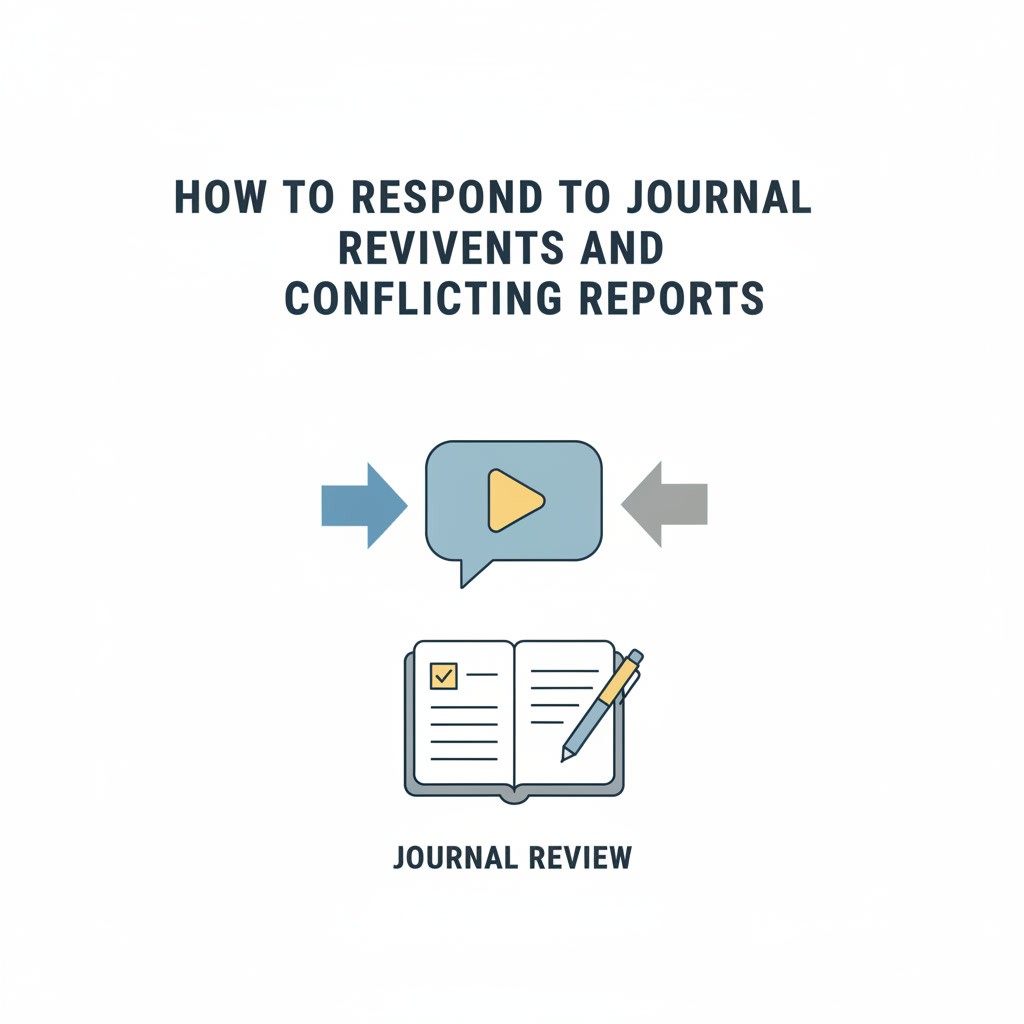10 Tips to write your PhD Thesis faster
Writing a PhD thesis is time consuming and a challenge for many students. Below are 14 time-tested tips for how to speed up your writing like a pro.
1. Start Writing Early Immediately
Start writing you thesis on day 1 by formulating your research question, then how you would approach it. Let your writing determine what data you need to support your research question or thesis.
2. Use the right tools – and stick to them
Use the best writing tools to help you, but don’t procrastinate over gadgets. Choose a word processor that is convenient and reliable. Ask your peers or your supervisor. Your university may have a list, too.
3. Know what the requirements are
Know the PhD thesis requirements of your department. Read all requirements carefully an keep a checklist with the most important points.
4. Find a routine that works for you
Learning to write is an essential part of earning a PhD. It’s a skill that is learned by regular practice. Get a copy of Paul Silvia’s “How to write a lot”
5. Write every day
Block daily writing time in your calendar, preferably in the morning. This will help you plan your research for the rest of the day. Use this time exclusively for writing and writing related activities. Defend your time fiercely.

6. Write in short bursts
Many short periods are more productive than one long session. Start with 30 minutes of writing time every day. These will add up to 3h in a week and 12h in a month. Once you are comfortable with this, you can extend it but its fine if you don’t.
7. Decide whether you’re writing or editing
When you’re writing, focus on getting your thoughts down on paper or the screen. Don’t edit yet. It will only slow you down. Decide what you do before you start your session.
8. Keep a Writing Log
Speed will develop with practice. Keep a writing log. Record the start and end of your writing session, whether you’re writing or editing, and number of words written.
9. Find a quiet place to write
Choose a quiet and distraction free place for your daily writing sessions. Prepare it ahead of time. When your session starts, silence all possible distractions such as reminders, notifications, etc. Even better: disconnect from the internet.
10. Take breaks
During longer writing sessions, take regular 5–10-minute breaks. Get up, open the window and move around. Stay focused. Don’t check on your social media or the latest news. Some boredom during breaks is fine.
11. Read aloud what you’ve written
Before you start editing, read out loud what you’ve written so far. This will make you aware of how your writing sounds. It is now much easier to edit the text.
12. Get feedback from others
Feedback from your peers and your supervisor will help you discover errors in reasoning and argument flow. Start early. You can already share an outline. AI is your friend. Thesify.ai gives you instant feedback on your draft.
13. Inspect and adapt
Writing is an agile process. After each weak spend 10 minutes reflecting on what worked well and what didn’t. Be honest. Adjust your routine to improve. Don’t punish yourself.
14. Reward yourself for your progress
Focus on progress. Celebrate the small and the big successes. Don’t forget to have fun.


















